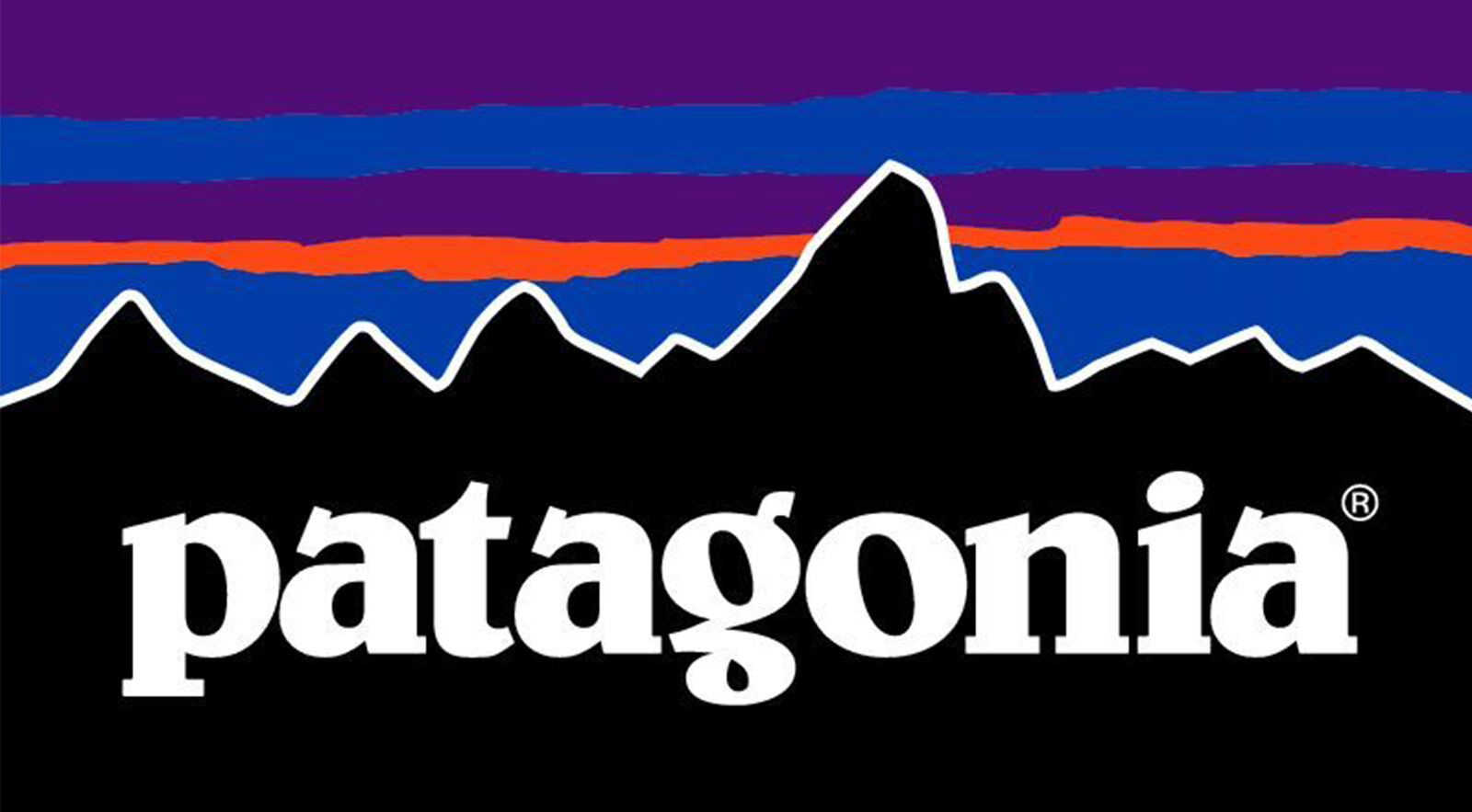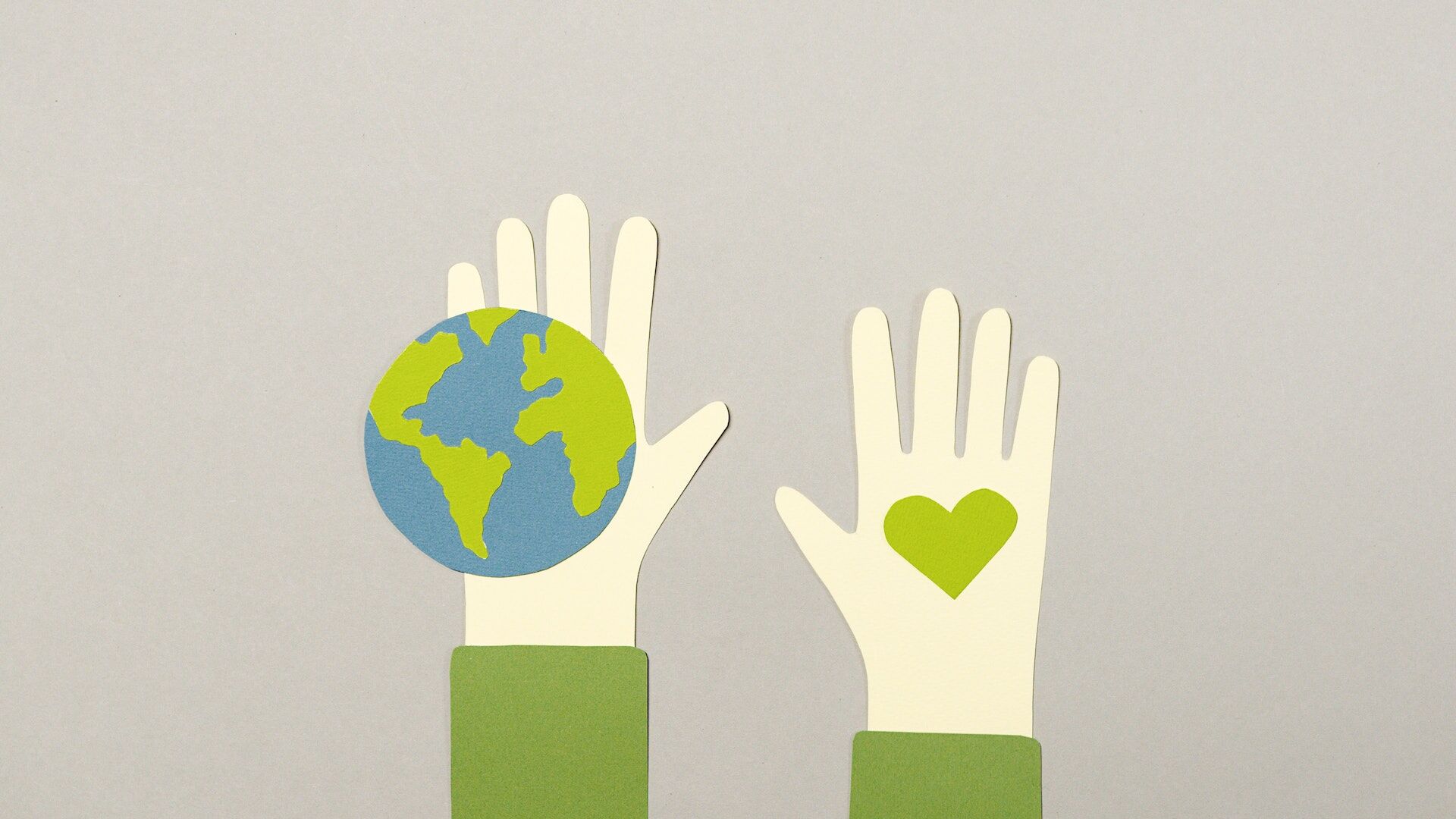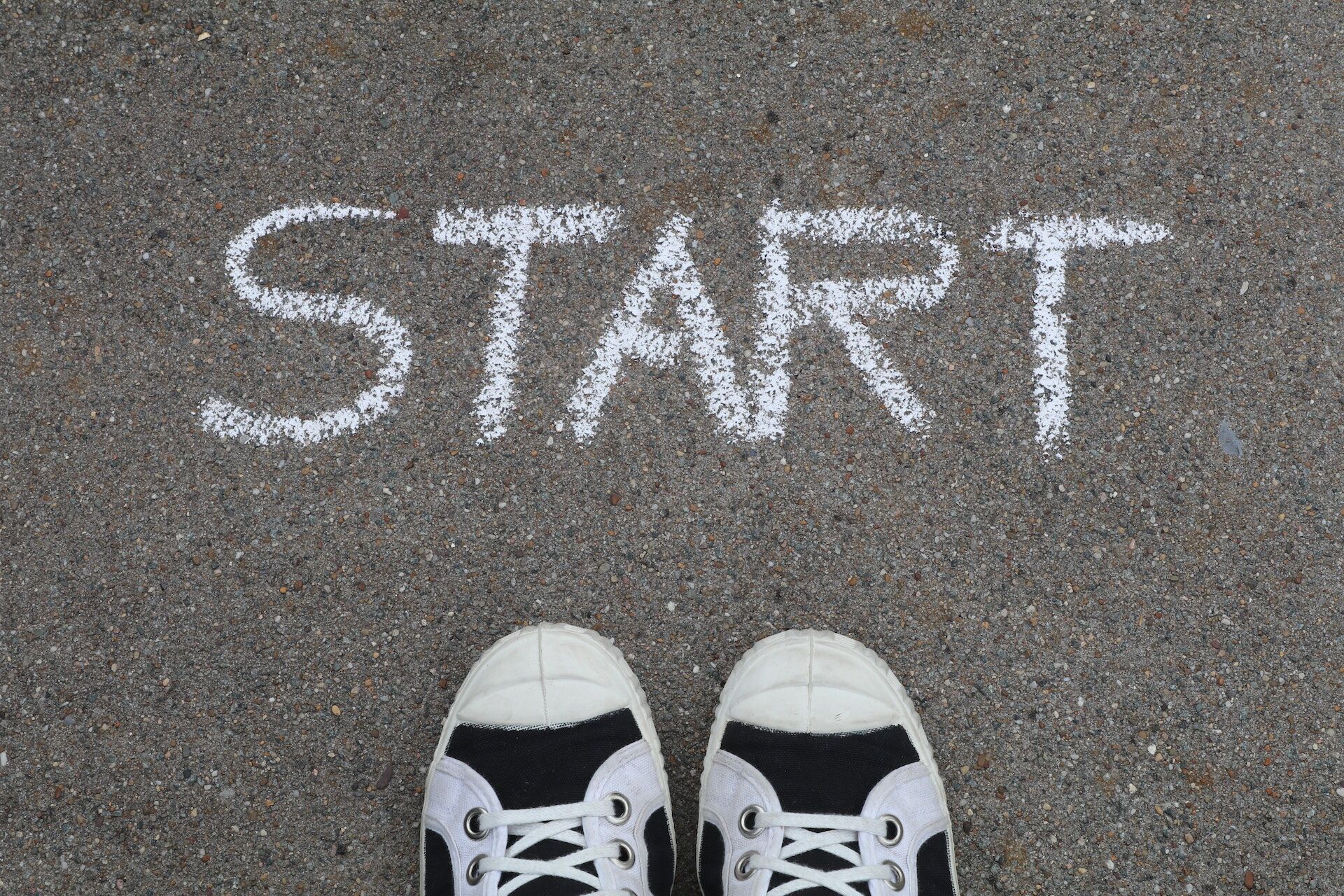Patagonia’s CEO has given up his company for the greater good.
Yvon Chouinard’s unprecedented move has made the headlines at a time when the only news that we heard so simultaneously is negative: from the rising cost of living crisis to an ongoing battle with the 1% to the fallout from climate change. It comes at a time when other companies are hosting sales events to further boost their profits. It comes at a time of lawsuits against corporations for consumer rights.
It comes at the right time to show every other CEO who has promised to make the world better that they’re not doing nearly enough to keep those promises.
And that they need to change. That corporations, in general, can do more – and it’s not longer a question of if they should, it’s a question of if they will.

Patagonia isn’t a large company though —
The size of the company is irrelevant.
It’s the promise that they’ve made that matters.
Patagonia is an apparel company with an estimated $3BN annual revenue. It’s true that its revenue is lower than companies like Apple, Tesla, Gucci: other companies of a similar build, similar product, similar way of working.
It’s also true that it has kept its promises, and it has lived by them, since 1973.
Patagonia promised authentic, environmentally-friendly products. It promised to donate to trusts that help protect and champion the environment. It has promised to donate its profits to build a better world for everyone, not just the man behind the helm.
You could argue that they’ve fulfilled their responsibilities above what was required of them.
But as Yvon Chouinard said in his letter, “it isn’t enough.”
So they made an even bigger sacrifice.
Patagonia remains private. It remains functional.
But it no longer makes profit to grow itself.
In the year where most big businesses saw record growth during a cost of living crisis and a rapidly worsening environmental crisis, Patagonia’s news comes as a sharp reminder that businesses can do good – but they have to want to from the highest level.

Most businesses have Corporate Social Responsibility measures, though.
Corporate social responsibility isn’t enough.
Every new Apple release is environmentally friendly. Every new Apple release can be recycled. All of its products are good for the planet.
Unless you try and fix them. Or recycle them.
Promising design that’s good for the planet while also working to ensure that your products’ lifespan is ever-shrinking and that you’ll need to replace your product sooner or later. While most of the iPhone is recyclable, not all of it is – and electronic waste takes time to break down regardless.
Take Starbucks. Their green initiatives are front and centre for every piece of publication – but they still sell single-use cups that have an uncertain lifespan, and therefore no way of telling when they’ll break down, when they’ll be fully gone for the planet, and if, in the process of breaking down, they’ll cause any further harm.
Unilever was the third biggest plastic polluter of 2021. It’s been promising for years that it would halve its use of plastic by 2025 and made headlines with its chemical recycling project – which failed abominably, and which they shuttered quietly and never spoke about again.
IKEA’s sustainability measures dominate a whole page on their website, and their shift towards using more natural materials has made headlines before. However, its product is inherently made up of wood, paper, and particleboard plastic.
None of these companies are outright sustainable. They have all promised to make a change, make a better environment, and build a better world.
What they are doing so far is not enough.

What can I do?
For small and medium enterprises who don’t have a Patagonia-sized influence on the world, it’s easy to write it off as something other companies have to do.
That’s not remotely the truth.
Corporations of any size, their marketing agencies, their strategists, their CEOs: we are all beholden to what’s happening, and we are all owed a better world.
It starts with everyone, all at once.
If you’re a marketing agency, push your clients to make better, significantly more impactful decisions. If you’re a small-medium business, look at your environmental initiatives, look at what you’ve been doing so far, and see where you can go bolder.
And if you’re a big corporation, make changes that matter instead of changes that look good on paper.
Patagonia’s shown it can be done. There are differences to be made, promises that can be kept, and ways in which everyone can protect the finite resources we have of this world, and create a future we can all live in.
Just fucking start.




